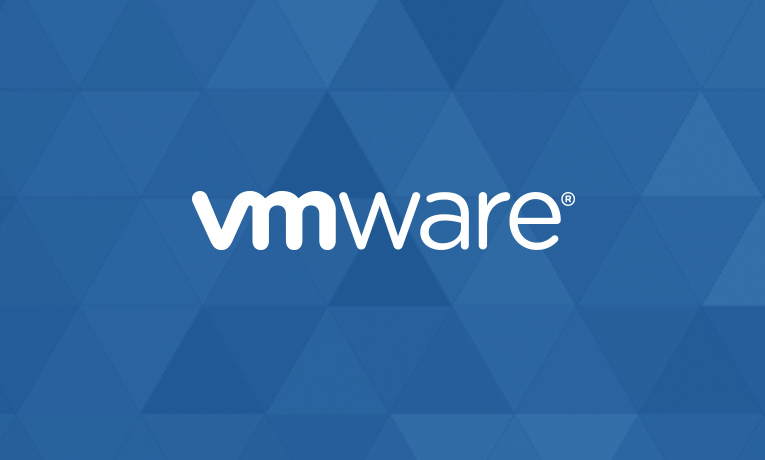Types of VMware applications
Last Updated: March 5th, 2023 3 min read Servers Australia

VMware is a company that offers a wide range of Virtualisation and cloud computing software products. Here are some of the main types of VMware applications:
vSphere: This is VMware's flagship product for server virtualisation. It enables you to create and manage virtual machines, allocate resources, and monitor performance across a cluster of physical servers.
vSAN: VMware vSAN is a software-defined storage solution that aggregates local disks and flash devices across a cluster of ESXi hosts to create a highly available and scalable storage pool.
NSX: VMware NSX is a network virtualisation platform that enables you to create, manage, and secure virtual networks in a software-defined data centre environment.
Horizon: VMware Horizon is a desktop and application Virtualisation platform that enables you to deliver virtual desktops and applications to end users from a central location.
Workspace ONE: VMware Workspace ONE is a digital workspace platform that enables you to provide secure access to any application on any device, with single sign-on and multi-factor authentication.
vRealize Suite: VMware vRealize Suite is a cloud hosting management platform that provides automation, operations, and analytics capabilities for managing hybrid and multi-cloud environments.
Cloud Foundation: VMware Cloud Foundation is a hybrid cloud infrastructure platform that provides a consistent operating model across private and public clouds.
These are just a few examples of the many VMware applications available. Each application is designed to address specific virtualisation and cloud computing use cases, and together they provide a comprehensive suite of solutions for organisations of all sizes.
The Benefits of using VMware
Using VMware virtualisation software can offer several benefits, including:
Server consolidation: VMware enables you to run multiple virtual machines on a single physical server, reducing the need for additional hardware and lowering costs.
Improved resource utilisation: By virtualising your server infrastructure, you can more effectively allocate resources such as CPU, memory, and storage to meet the needs of different applications and workloads.
Increased flexibility: VMware virtual machines can be easily moved and replicated across different physical servers, enabling you to quickly respond to changing business requirements.
Disaster recovery: VMware provides built-in tools and features for disaster recovery, such as vSphere Replication and Site Recovery Manager, which can help you minimise downtime and data loss in the event of a disaster.
Enhanced security: VMware virtual machines are isolated from each other and from the host operating system, providing an additional layer of security against malware and other threats.
Simplified management: VMware offers centralised management tools such as vCenter Server, which enable you to monitor and manage your virtual infrastructure from a single console.
Cloud integration: VMware offers a range of cloud integration options, such as VMware Cloud on AWS, that enable you to extend your virtual infrastructure to the cloud and take advantage of cloud-based services.
Overall, using VMware can help you improve the efficiency, flexibility, and security of your IT infrastructure, while also reducing costs and simplifying management.

